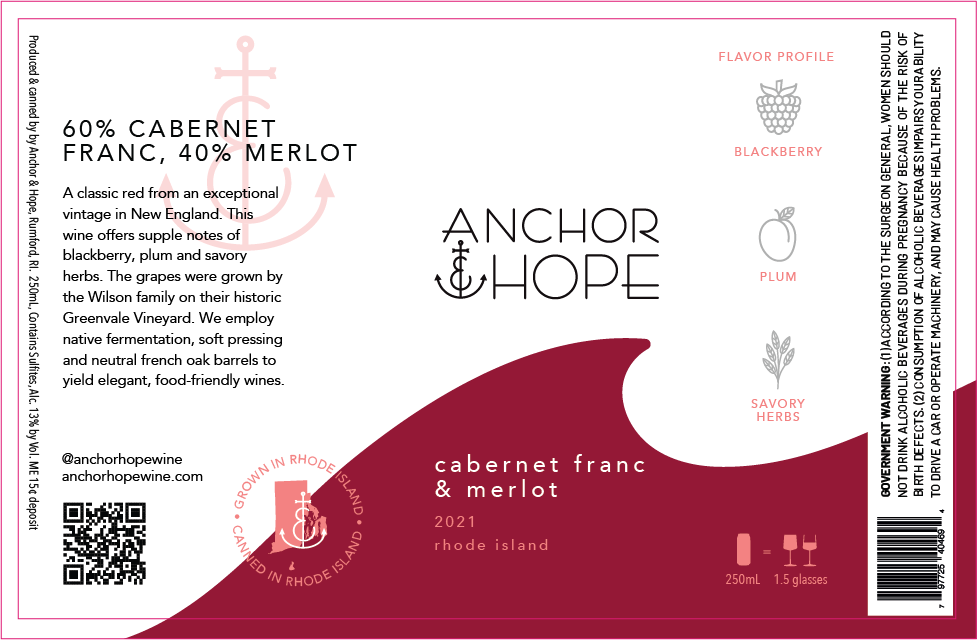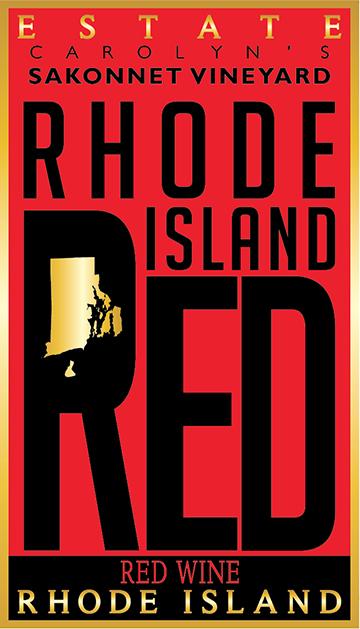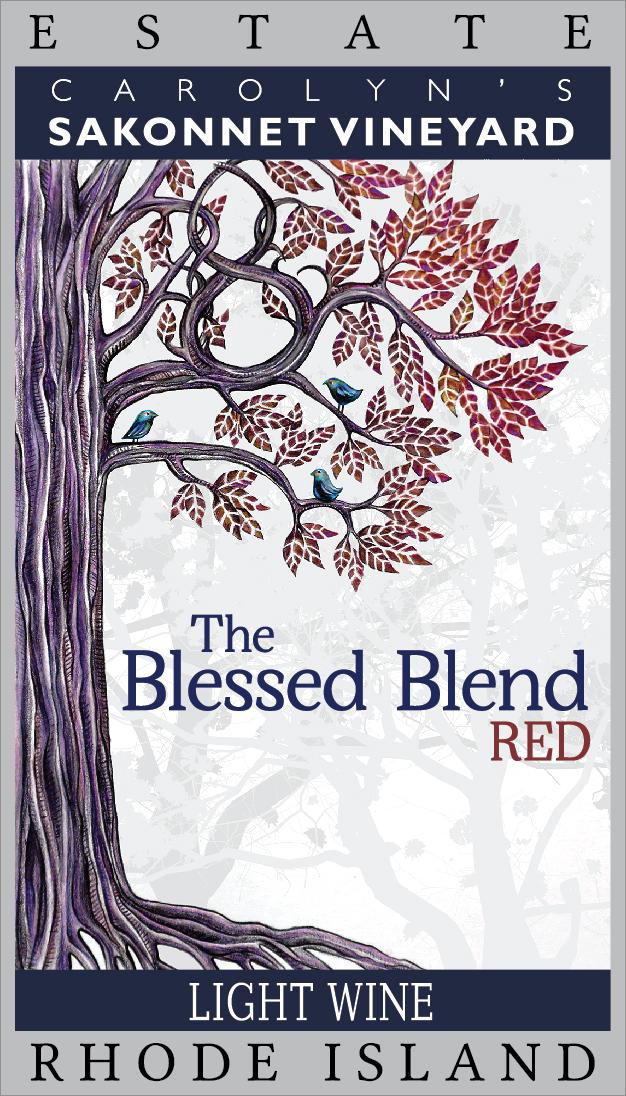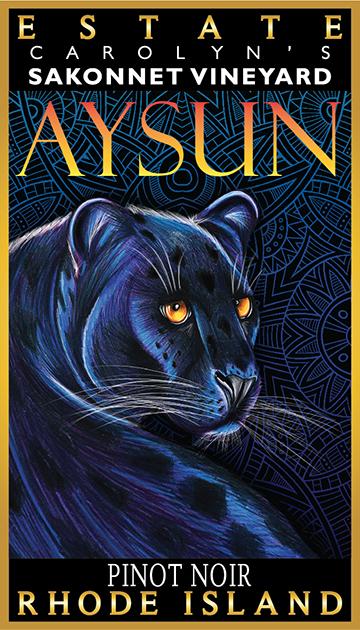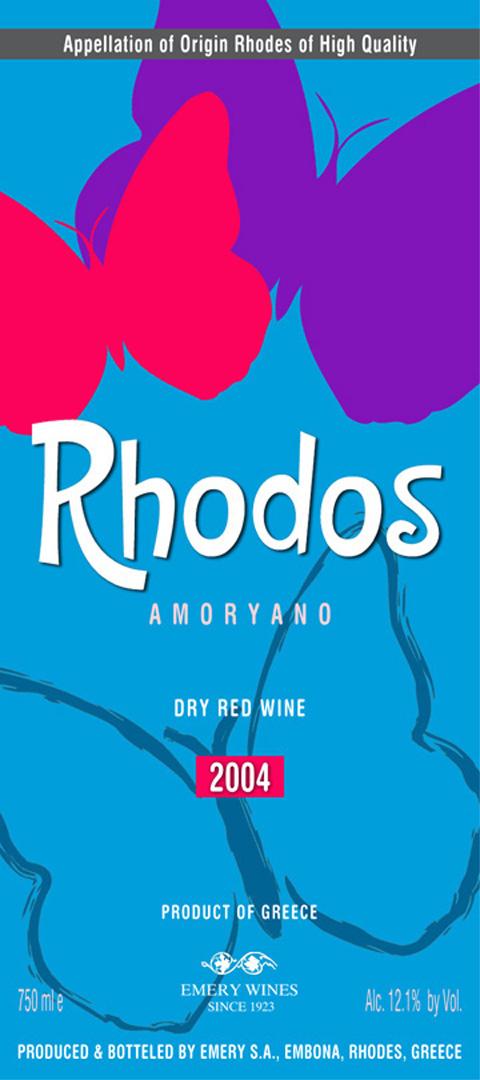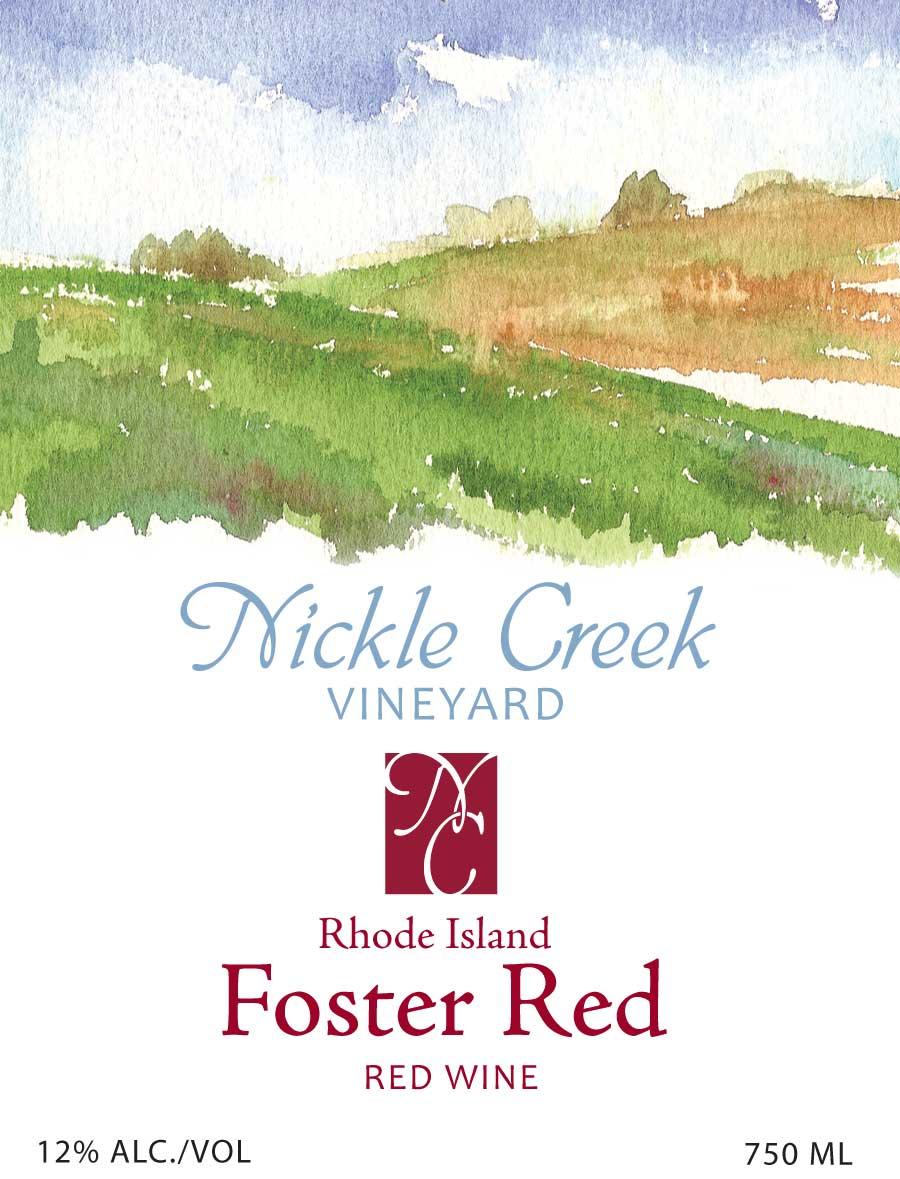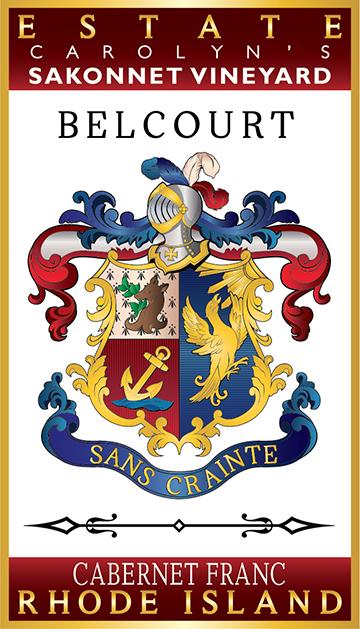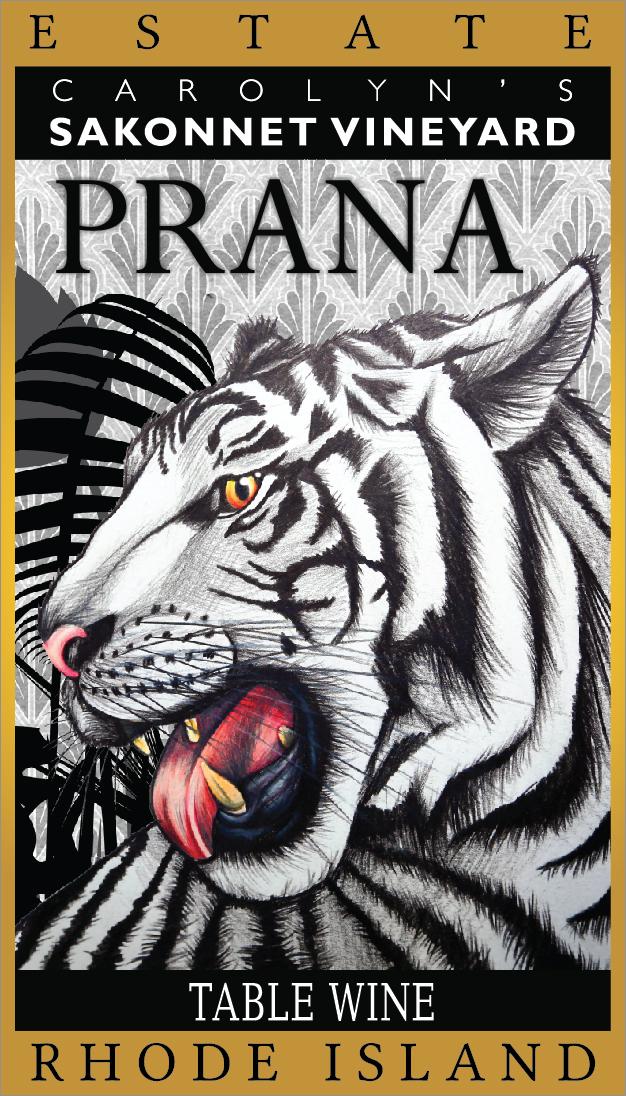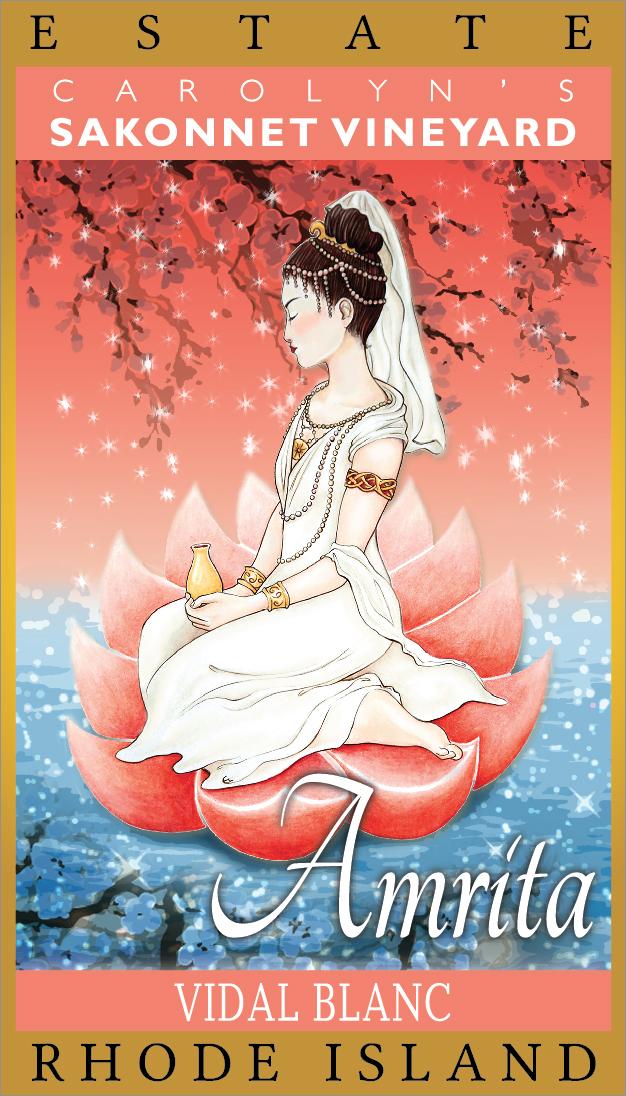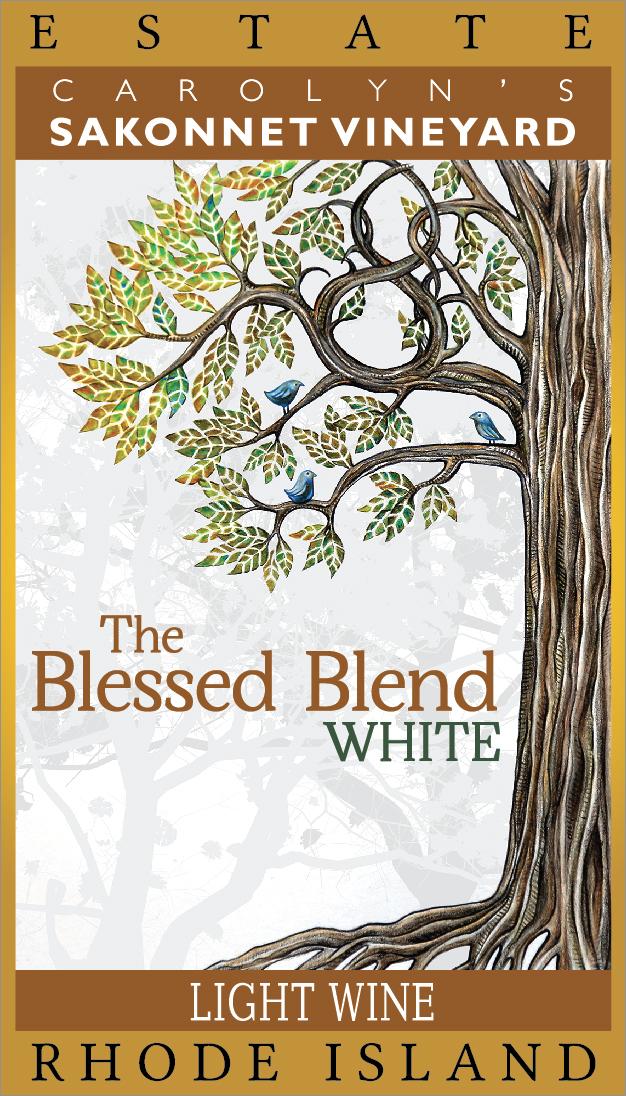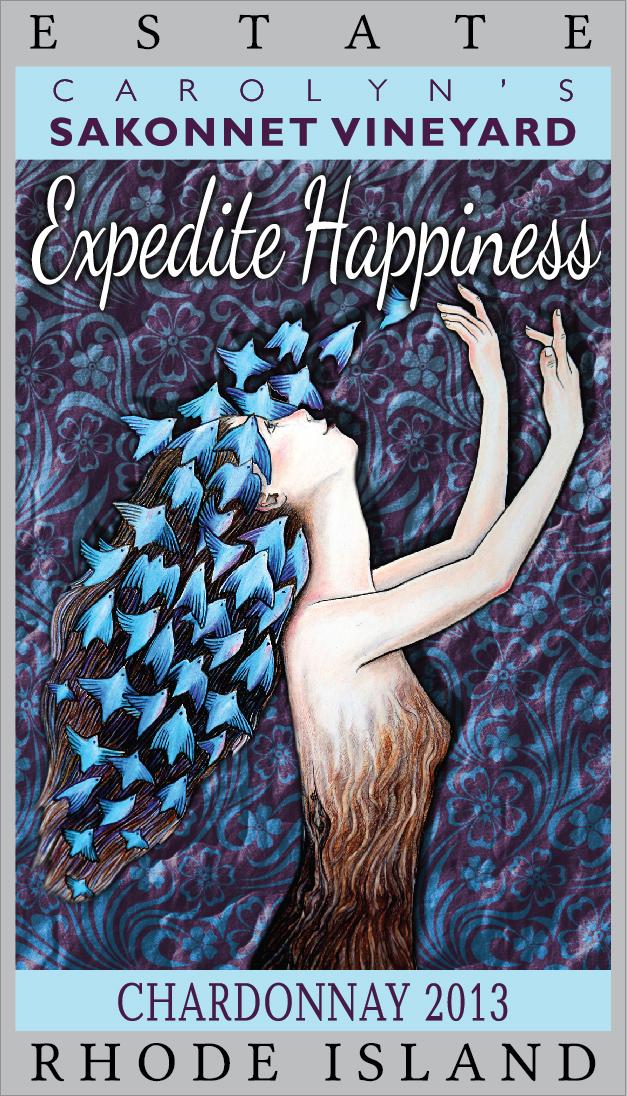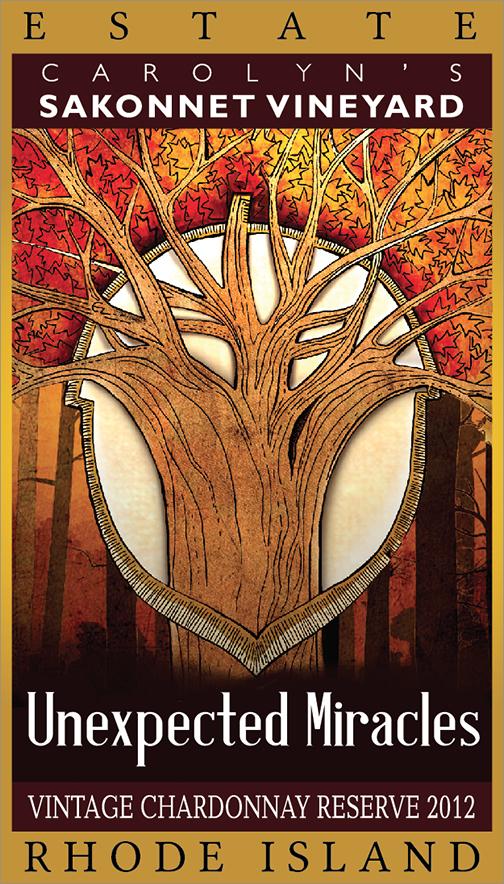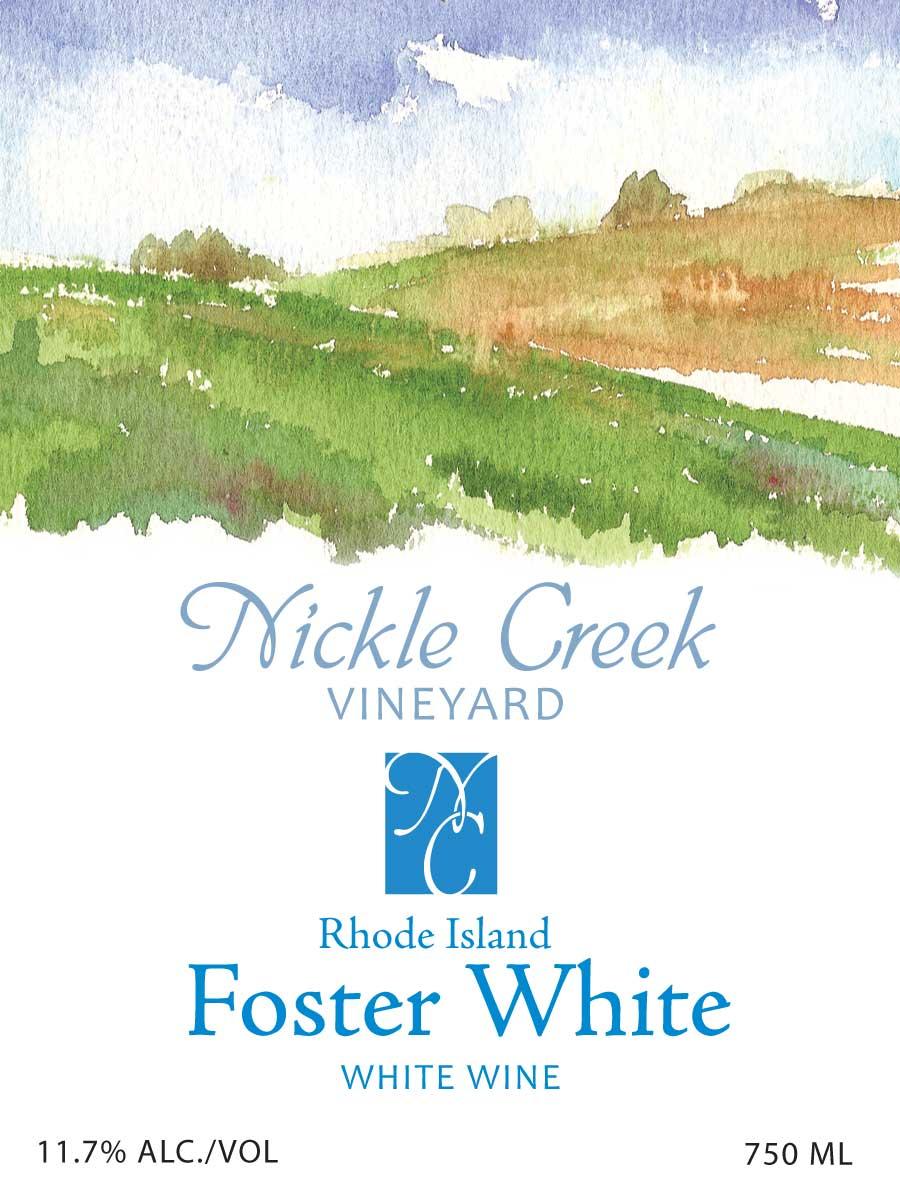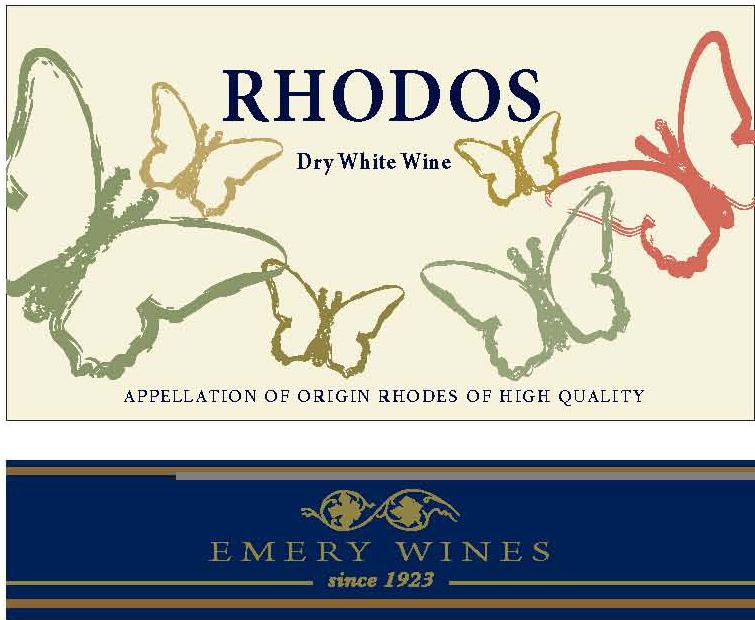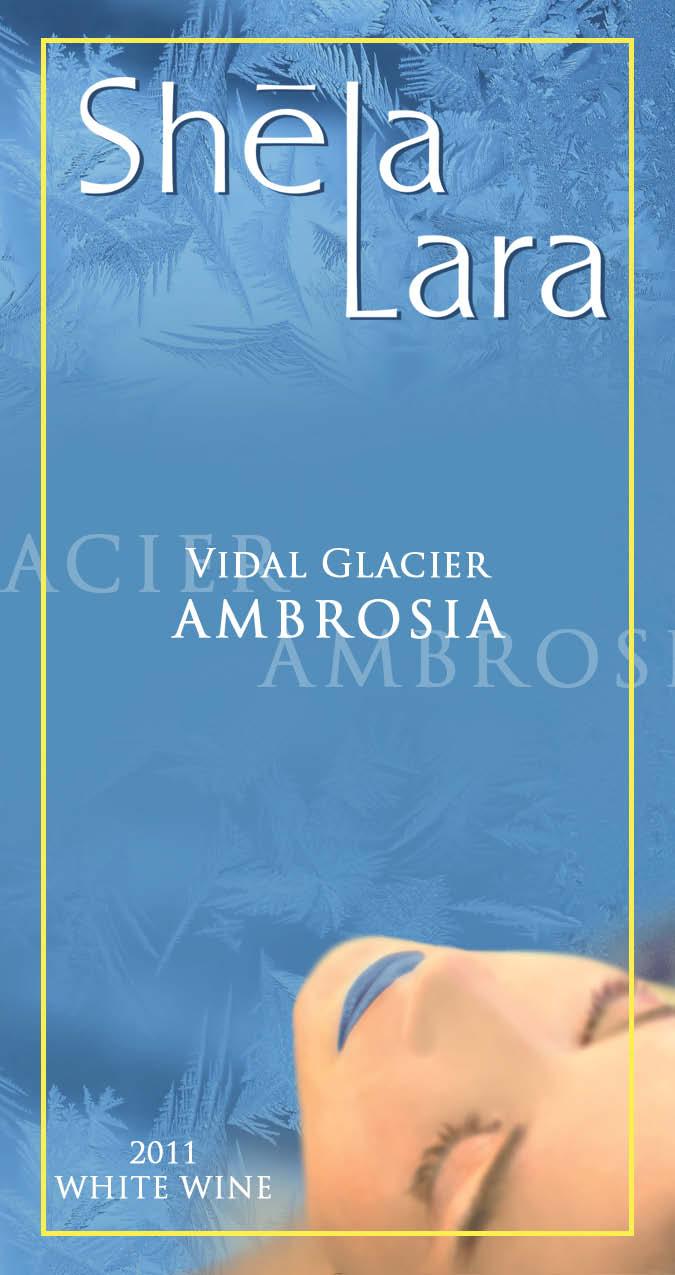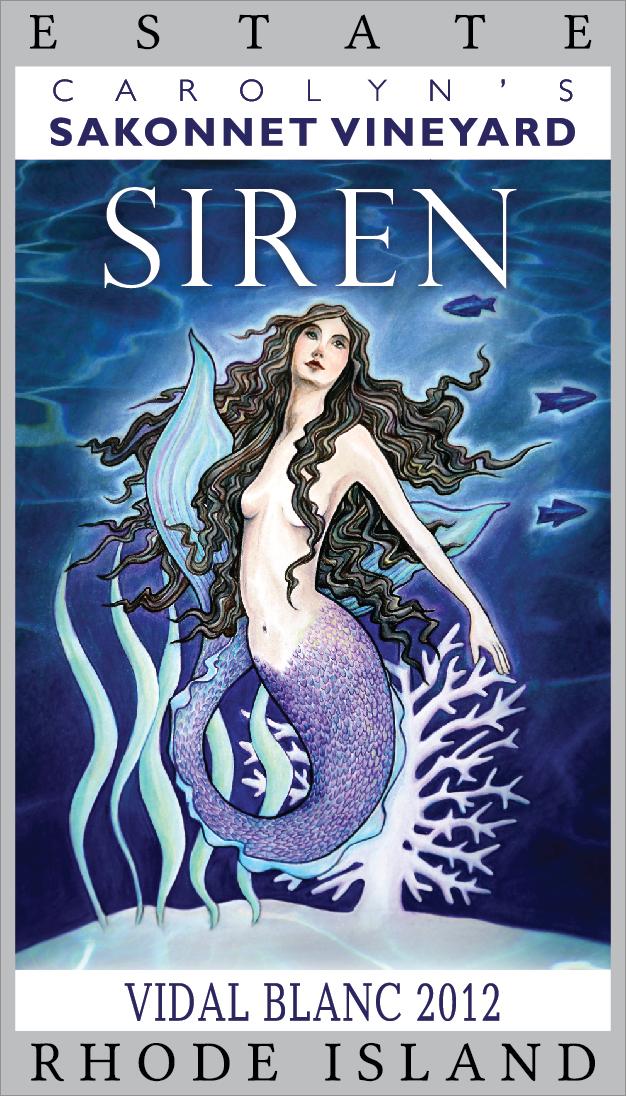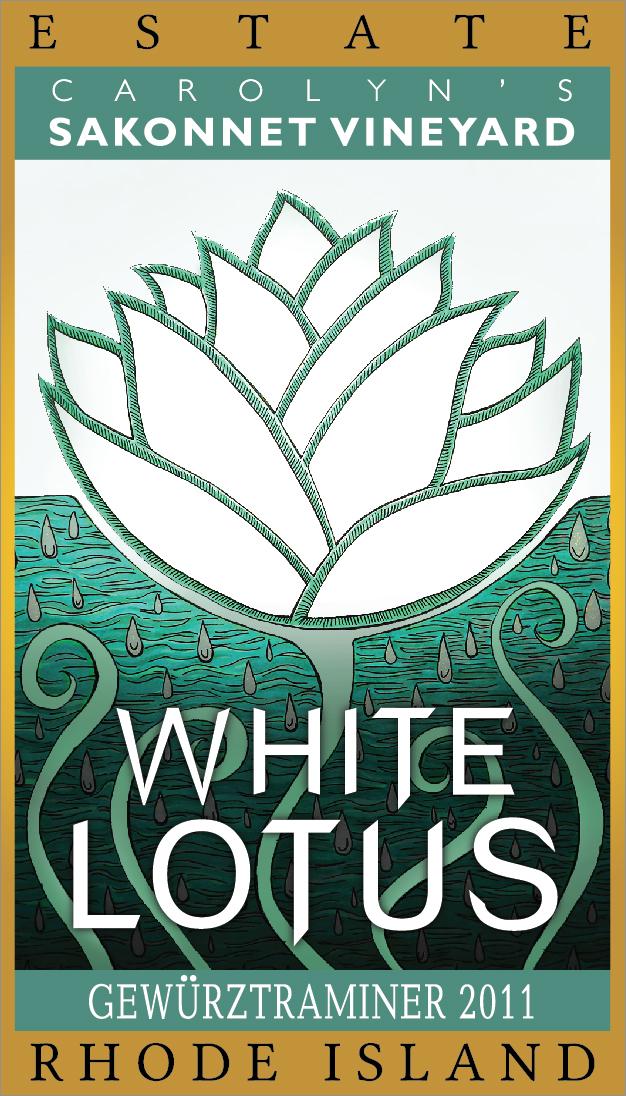Terroir of Rhode Island
Rhode Island’s terroir is shaped by its coastal climate and soils formed by ancient glaciers. The Atlantic Ocean, especially the warm Gulf Stream, moderates temperatures year-round, protecting vines from harsh winter cold and ensuring warm, pleasant summers. Ocean breezes extend the growing season, helping dry vine canopies and reducing disease risk.
The state’s vineyards enjoy a variety of soils, from sandy loam near the coast to mineral-rich glacial till inland. This mix of granite, shale, and flint offers excellent drainage and adds a unique minerality to the wines. The entire wine-producing area is part of the Southeastern New England AVA, which highlights its shared coastal terroir. Recent warming trends have lengthened the growing season, promoting higher sugar levels in grapes while keeping alcohol content moderate around 12%.
Notable Wineries in Rhode Island
Rhode Island’s wine scene is a reflection of its rich coastal heritage and diverse terroir, with several notable wineries leading the way:
-
Sakonnet Vineyards: Established in 1975 in Little Compton, it’s Rhode Island’s pioneering winery, focusing on organic farming and minimal intervention to highlight its coastal essence.
-
Newport Vineyards: The largest in the state, located in Middletown, combines sustainability with an exceptional visitor experience, offering a variety of wines alongside an on-site brewery and restaurant.
-
Greenvale Vineyards: A family-run estate in Portsmouth, known for its small-batch estate wines like Chardonnay and Albariño, and summer jazz concerts among the vines.
-
Diamond Hill Vineyards: Situated in Cumberland, it’s celebrated for its artisanal approach and diverse range of wines, from dry reds to fruit wines.
Sustainable Winemaking in Rhode Island
In Rhode Island, sustainability is at the heart of winemaking, with many vineyards prioritizing eco-friendly practices to protect their stunning coastal landscapes. Organic farming and low-intervention methods are common, allowing the natural qualities of the grapes to flourish. Renewable energy use is on the rise, with some vineyards fully powered by solar and wind. Family-run operations often employ cover cropping and integrated pest management, reducing chemical use and promoting soil health.
These green practices are crucial not only for the environment but also for preserving Rhode Island’s rich winemaking heritage. By focusing on sustainability, the state’s vineyards ensure their land remains vibrant and productive, safeguarding it for future generations while maintaining the quality and character of their wines.
Wine Tourism in Rhode Island
Rhode Island offers a distinctive wine tourism experience, blending coastal charm with rich winemaking traditions.
Its compact size allows for easy exploration along the Rhode Island Vineyard & Winery Trail, featuring around 11 unique wineries.
From the farm-to-table dining at Newport Vineyards to the jazz-infused ambiance at Greenvale Vineyards, each destination presents a unique take on the region's viticulture.
The Coastal Wine Trail extends this experience, connecting Rhode Island with Southeastern New England wine producers and hosting events like the Wine, Cheese & Chocolate Festival.
Meanwhile, the Newport Mansions Wine & Food Festival provides a grand backdrop for both local and international wines.
These events highlight the local terroir's influence, with varietals like Chardonnay and Pinot Noir taking center stage.
Rhode Island's wine scene, deeply tied to its coastal heritage, promises engaging experiences for wine enthusiasts and a deep appreciation for sustainable practices.



